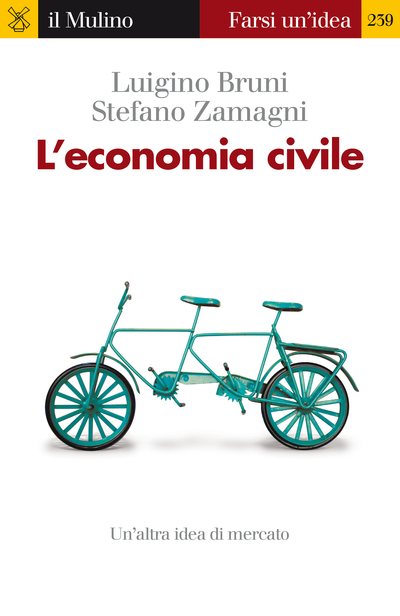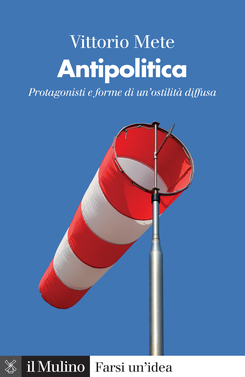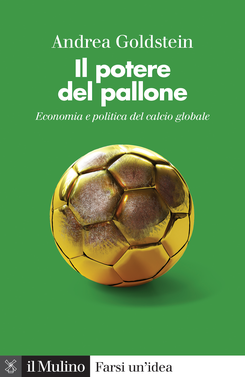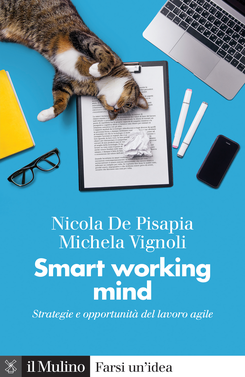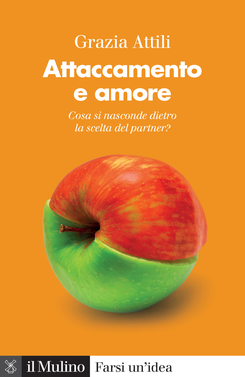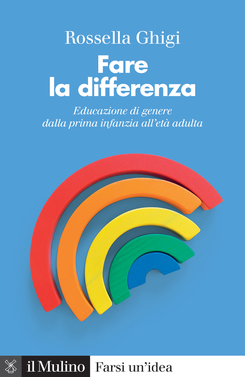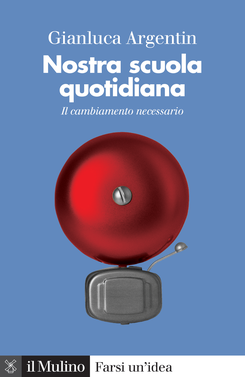Civil Economy
A boy born today in the Congo or a girl who will be born in Europe twenty years from now is entitled to ask questions about our growth model and our lifestyles, in that our current choices are already modifying their lives, sometimes for the better but at times for the worse. The civil economy approach does not seek answers outside the market economy but rather chooses a different type of market: a “civil” one, in which concepts such as happiness, honour, virtue and common good can be re-discovered precisely in economic terms, thus fostering an ethical and not purely hedonistic perspective. This book describes the genesis and the developments of an alternative pathway for the economy, through an account of the thought and ideas of some of its pioneers and main representatives. It also explains the different fields of application of the civil economy, ranging from the determination of gross domestic product to the management of common goods, from welfare to the organization of production and consumption.
Luigino Bruni teaches Political Economy at the LUMSA University in Rome.
Stefano Zamagni teaches Political Economy at the University of Bologna and Johns Hopkins University.
Indice
Premessa - Capitolo I: L'Economia civile in sintesi - Capitolo II: Genovesi e Dragonetti: le pietre angolari - Capitolo III: La buona ricchezza - Capitolo IV: La rendita è la prima e più grave malattia del capitalismo - Capitolo V: Lo spirito «cattolico» del capitalismo - Capitolo VI: Perché il Pil è troppo poco - Capitolo VII: Economia civile e beni comuni - Capitolo VIII: Verso il welfare civile - Capitolo IX: Imprese e consumatori civilmente responsabili - Epilogo - Per saperne di più
